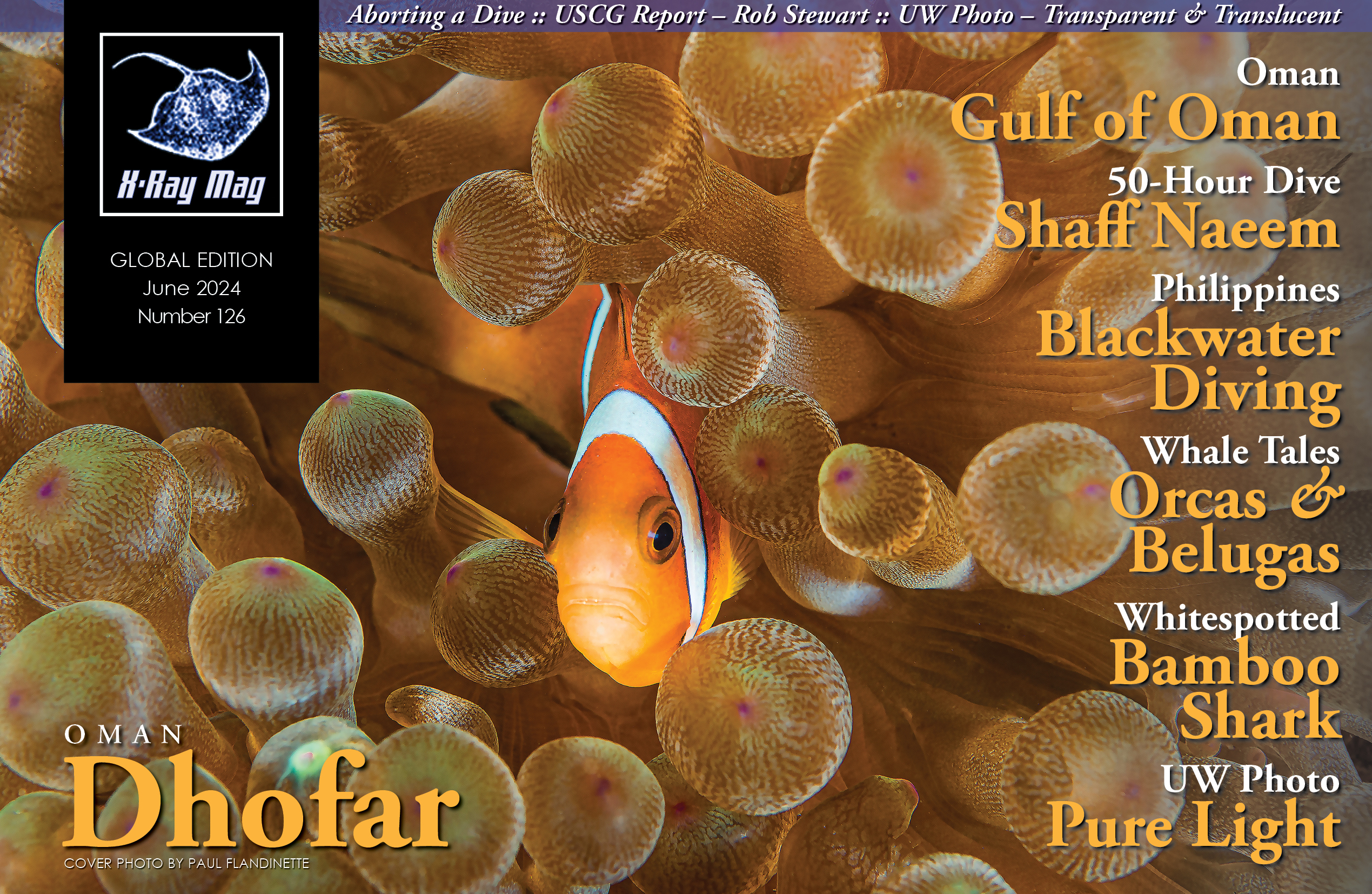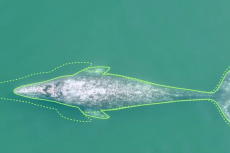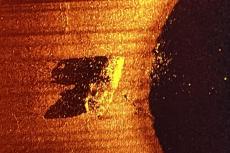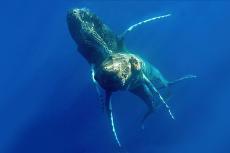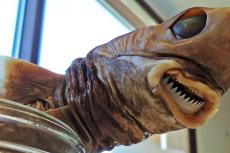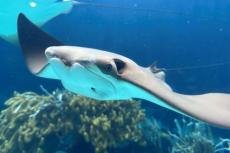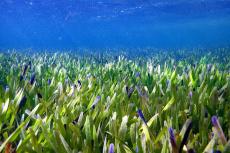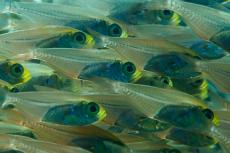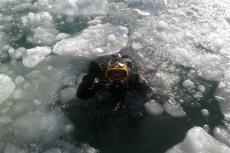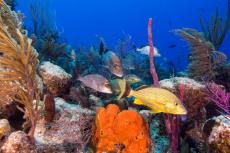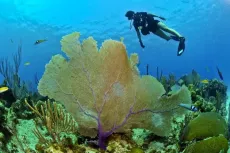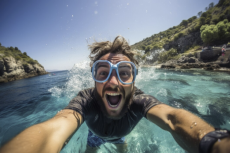During the past 24 years of going out to sea as tour operators in South Africa, Silke Schimpf and her husband, Rainer, have encountered orcas hunting several times, killing animals such as seals, dolphins and sharks. But never in their wildest dreams could they have imagined that they and their crew would witness an attack on a humpback whale like the one that took place on 1 December 2023.
Contributed by
It all started on a normal ocean safari day out in Langebaan Lagoon. The aim of the tour was the seal colony at Cape Columbine near Santa Helena Bay, on the western side of the Cape of South Africa, about an hour’s drive north of Cape Town.
The sea was flat, there was no wind, and all had gone well for the tourists and crew. En route, we had spotted the usual ocean sunfish (Mola mola) and a few dusky dolphins. Upon arriving at the seal colony, some of the guests snorkelled with the friendly seals.
About an hour later, Rainer saw a couple of vessels to the north of us and decided to get closer to find out what they were looking at. It was a research vessel and another tour operator observing a superpod of humpback whales. At a safe distance, he stopped the boat so we could watch the amazing sight of humpback whales feeding.

On the hunt
After observing this action for about an hour, I suddenly saw them and shouted, “Orcas!” Out of nowhere, a pod of about 15 orcas had appeared, heading straight for a pair of fully-grown humpback whales, which had been separated from the rest of the superpod.
We soon realised that this was no game. The orcas were serious and hungry and were trying to feed on one of the humpback whales. Rainer launched a drone and filmed the action for the next 50 minutes.
It appeared that the lead orcas had selected one of the humpback whales as their prey and were attacking it in continuous waves coordinated from within the pod. It looked very organised and practised. Surely, this was not the first time this pod had hunted, killed and feasted on a humpback whale.
A first
However, it was the first time ever such an event had been witnessed and documented in South African waters. Prior to this event, it was known that orcas hunted whales, but it had never been observed in South Africa. It had also never been filmed from a drone—until now.

Coordinated attack
Again and again, the orcas came in waves to attack, breaching and pouncing on the humpback whale, pushing it underwater and suffocating it by ramming it simultaneously underwater in the throat and mouth. The poor humpback whale had no chance.
For about 45 minutes, the relentless killing blows of the organised orca troop forced the humpback down underwater to the point where it simply ran out of air. It drowned. The orcas then followed the falling humpback down into the depths of the Atlantic Ocean, where we knew they would take its tongue and the soft part of its throat and eat it.
The only evidence we could see of this was the floating blubber, which had come to the surface and was quickly scavenged by various seabirds, such as seagulls, terns and petrels, that had arrived on the scene to take their share of the pickings.
For the next 20 minutes or so, we watched as the orcas surfaced again and again. Once they had had their fill of the humpback whale, they moved as a group in a northerly direction and disappeared as mysteriously as they had arrived.
We were all left in awe.

Grief
Then, a pod of humpback whales came back to the scene. Unable to assist and fight the orcas during the attack, it appeared as if they had all come back to pay tribute to their fallen friend, which had saved the rest of the pod of humpback whales by sacrificing itself, so it seemed.
Silently, the humpback whales swam around the kill zone and then finally moved on.
Previous find
Interestingly enough, about four days before this event, we had found a dead humpback whale that was missing its tongue and the lower part of its throat. Already then, we suspected that the orcas were responsible. And now we knew we were right.
Rainer and our company, Expert-Tours, will be on the lookout and will report any further sightings of orcas in the area. In conjunction with Fairy Connections, the legal permit holder for whale watching, Langebaan Divers and Rainer’s dive boats, Expert-Tours 2 and Spartan, are legally certified whale- and dolphin-watching vessels in the area. Ocean safaris with diving and snorkelling are conducted properly in accordance with regulations. The tour described in this article was a combination of all these activities. ■



